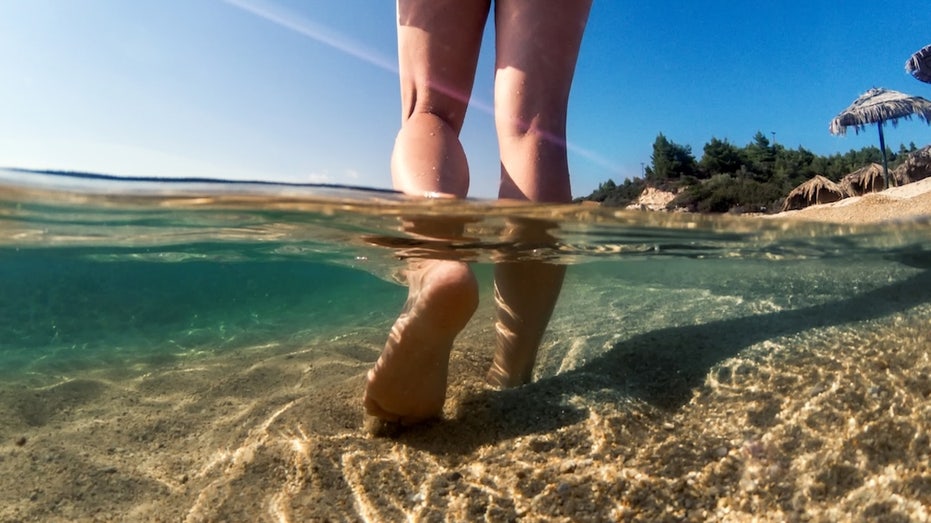Four people dead in Florida from flesh-eating bacteria found in coastal waters
A type of flesh-eating bacteria has killed four people in Florida so far this year.The states health department confirmed the deaths in a notice posted on the Florida Health website.A total of 11 people have contracted the bacteria in 2025, according to the same source.SCIENTISTS CRACK THE CODE ON NEW VACCINE FOR DEADLY PLAGUE BACTERIAVibrio vulnificus is part of a wider group of Vibrio bacteria, which are found in coastal waters, the U.S. Centers for Disease Control and Prevention (CDC) states.This specific bacterium, Vibrio vulnificus, typically lives in warm, brackish seawater, and can enter open wounds when people are swimming.Another potential source of infection is raw shellfish, especially oysters, Florida Health noted.Although infections are rare, Vibrio vulnificus can cause an illness called vibriosis, often marked by vomiting, diarrhea and abdominal pain, as well as potentially severe skin infections, the above source cautioned.WOMAN DIES OF BRAIN-EATING AMOEBA AFTER USING TAP WATER IN NASAL RINSE DEVICESigns and symptoms of a Vibrio skin infection include fever, redness, pain, swelling, warmth, discoloration and discharge, per the CDCs website.While healthy people generally experience only mild symptoms, those who are immunocompromised or have chronic liver disease can face serious health risks.If Vibrio vulnificus enters the bloodstream, it can cause severe illness marked by fever, chills, septic shock and blistering skin lesions, according to Florida Health.About half of these bloodstream infections are fatal.Some severe cases can cause an infection called necrotizing fasciitis, which is when the flesh around an open wound dies, the CDC cautions. This rare side effect has led to Vibrio vulnificus being described as a "flesh-eating bacteria."No cases of person-to-person transmission have been reported, Florida Health stated.The bacterial infection is diagnosed by testing cultures obtained from stool, wounds or blood, according to health officials.For mild infections, the CDC recommends increasing fluid intake to prevent dehydration.Those with severe or prolonged infections should receive antibiotics to improve survival rates.For those with infected wounds, surgery may be necessary to remove dead tissue.CLICK HERE TO SIGN UP FOR OUR HEALTH NEWSLETTER"Aggressive attention should be given to the wound site; for patients with wound infections, amputation of the infected limb is sometimes necessary," Florida Health stated.About one in five people will die from the infection, sometimes within a day or two of illness, the CDC states.Health officials caution against entering warm saltwater or brackish water if any fresh cuts, scrapes or wounds are present.Its also recommended to not consume raw oysters and other raw shellfish, and to avoid cross-contamination of other foods with raw seafood or its juices.Protective gloves should be worn when handling raw shellfish.Those with liver disease, cancer, diabetes, HIV or thalassemia (a group of hereditary blood disorders) as well as those who are taking immune-suppressing medications are at a higher risk of complications and should take extra precautions, the CDC warns.For more Health articles, visitwww.foxnews.com/healthIn 2024, a total of 82 cases of Vibrio vulnificus and 19 deaths were reported to Florida Health.There were 46 cases and 11 deaths in 2023.




